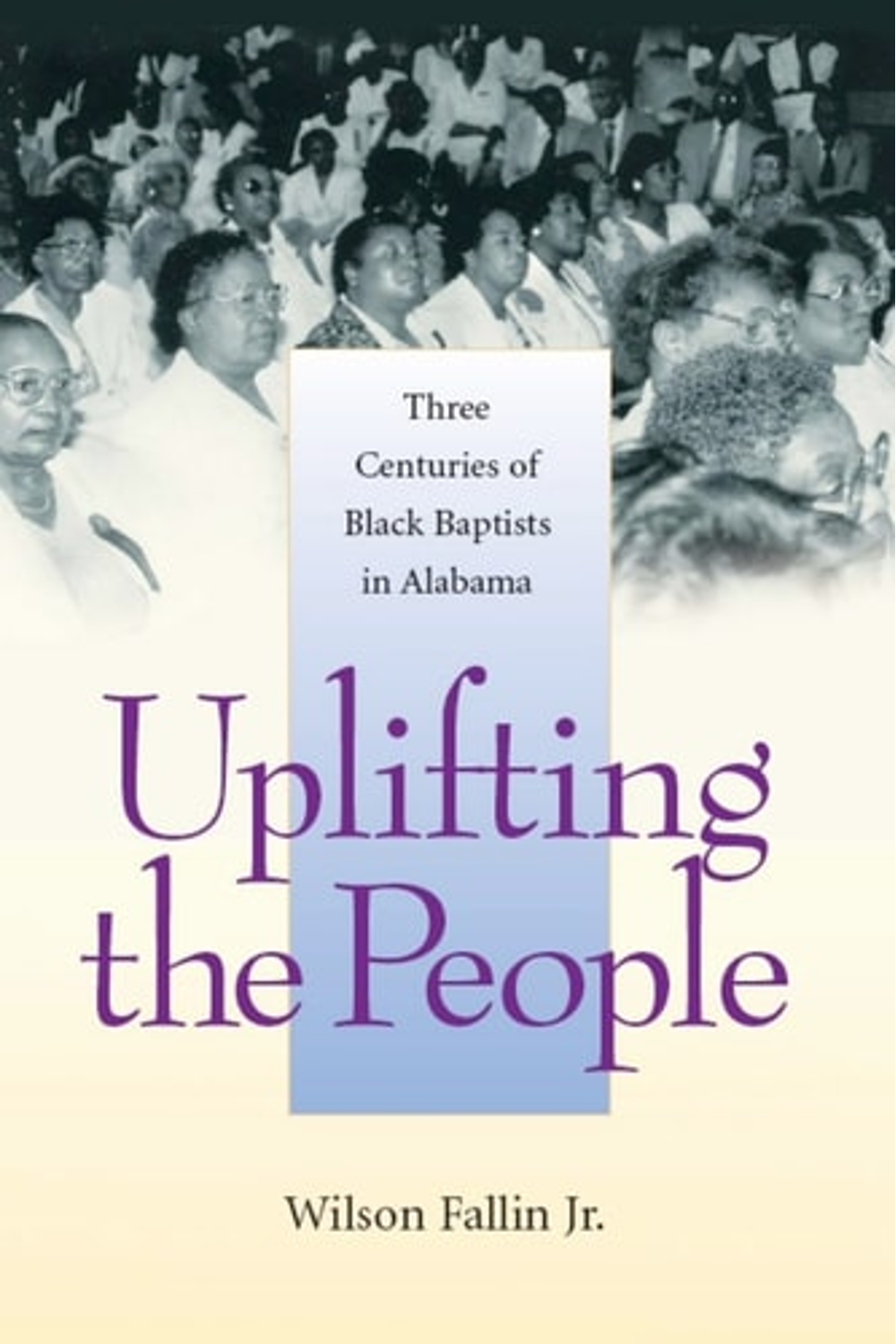Explore the vibrant history of Black Baptists in Alabama with Wilson Fallin Jr.’s “Uplifting the People.” This insightful book delves into the Alabama Missionary Baptist State Convention, revealing its vital role in shaping African American life across three centuries. More than just a religious history, Fallin’s work, praised for its depth and clarity, examines how enslaved Africans fused their traditions with Baptist faith, forging a unique spiritual identity centered on salvation and liberation. Discover how churches served as community hubs, fostering self-help, education, and crucial leadership during the Civil Rights Movement. “Uplifting the People” illuminates the enduring legacy of faith, resilience, and the ongoing pursuit of social justice within Alabama’s Black Baptist community. Perfect for those interested in African American religious history, Southern studies, and the Civil Rights era.
Uplifting the People: Three Centuries of Black Baptists in Alabama (Religion & American Culture)
19,71 $
In stock
Uplifting the People is a history of the Alabama Missionary Baptist State Conventionits origins, churches, associations, conventions, and leaders. Fallin demonstrates that a distinctive Afro-Baptist faith emerged as slaves in Alabama combined the African religious emphasis on spirit possession, soul-travel, and rebirth with the evangelical faith of Baptists. The denomination emphasizes a conversion experience that brings salvation, spiritual freedom, love, joy, and patience, and also stresses liberation from slavery and oppression and highlights the exodus experience. In examining the social and theological development of the Afro-Baptist faith over the course of three centuries, Uplifting the People demonstrates how black Baptists in Alabama used faith to cope with hostility and repression.
Fallin reveals that black Baptist churches were far more than places of worship. They functioned as self-help institutions within black communities and served as gathering places for social clubs, benevolent organizations, and political meetings. Church leaders did more than conduct services; they protested segregation and disfranchisement, founded and operated schools, and provided community leaders for the civil rights movement of the mid-20th century.
Through black churches, members built banking systems, insurance companies, and welfare structures. Since the gains of the civil rights era, black Baptists have worked to maintain the accomplishments of that struggle, church leaders continue to speak for social justice and the rights of the poor, and churches now house day care and Head Start programs. Uplifting the People also explores the role of women, the relations between black and white Baptists, and class formation within the black church.
| Authors | |
|---|---|
| Binding | |
| Condition | |
| ISBN-10 | 0817315691 |
| ISBN-13 | 9780817315696 |
| Language | |
| Pages | 352 |
| Publisher | |
| Year published | |
| Weight | 704 |
| Edition | First, First Edition |
| Dewey decimal | 286/.176108996073 |
- Additional information
- Currencies
- USD – United States dollar
- EUR – Euro
- GBP – Pound sterling
- CNY – Chinese yuan
- BRL – Brazilian real
- MXN – Mexican peso
- JPY – Japanese yen
- PHP – Philippine peso
- THB – Thai baht
- PLN – Polish złoty
- CAD – Canadian dollar
- MYR – Malaysian ringgit
- AUD – Australian dollar
- TWD – New Taiwan dollar
- CZK – Czech koruna
- SEK – Swedish krona
- HUF – Hungarian forint
- ILS – Israeli new shekel
- CHF – Swiss franc
- HKD – Hong Kong dollar
- DKK – Danish krone
- SGD – Singapore dollar
- NOK – Norwegian krone
- NZD – New Zealand dollar

